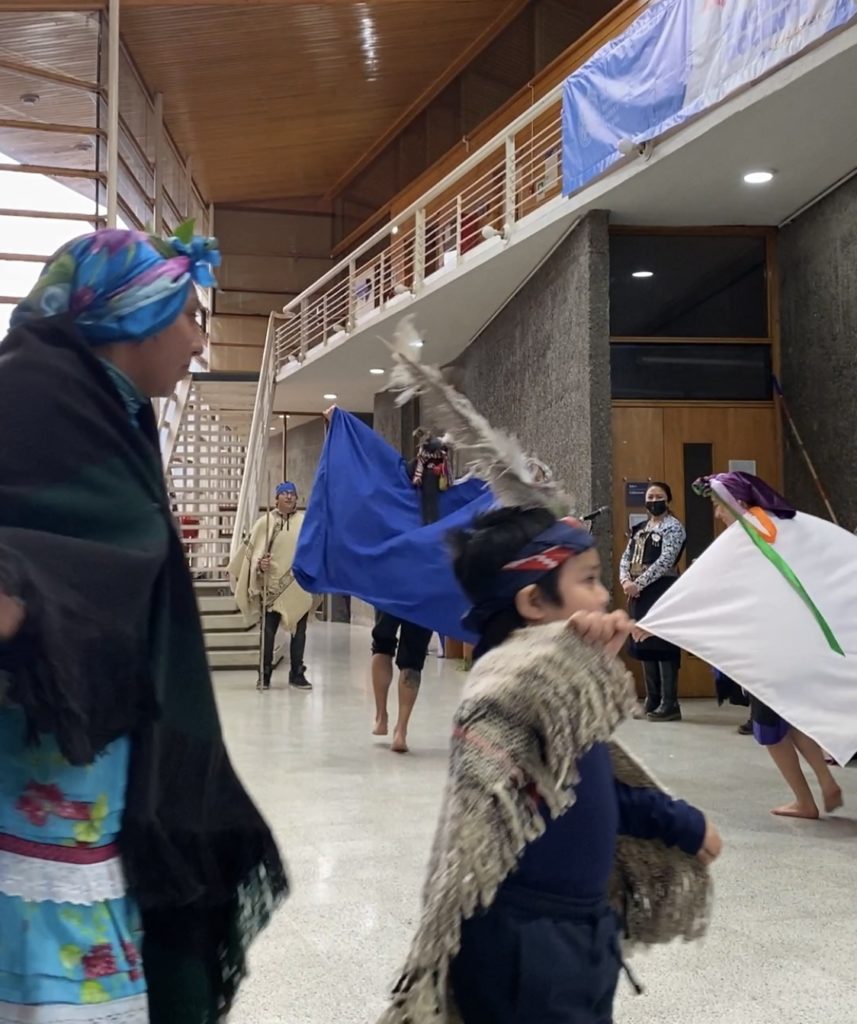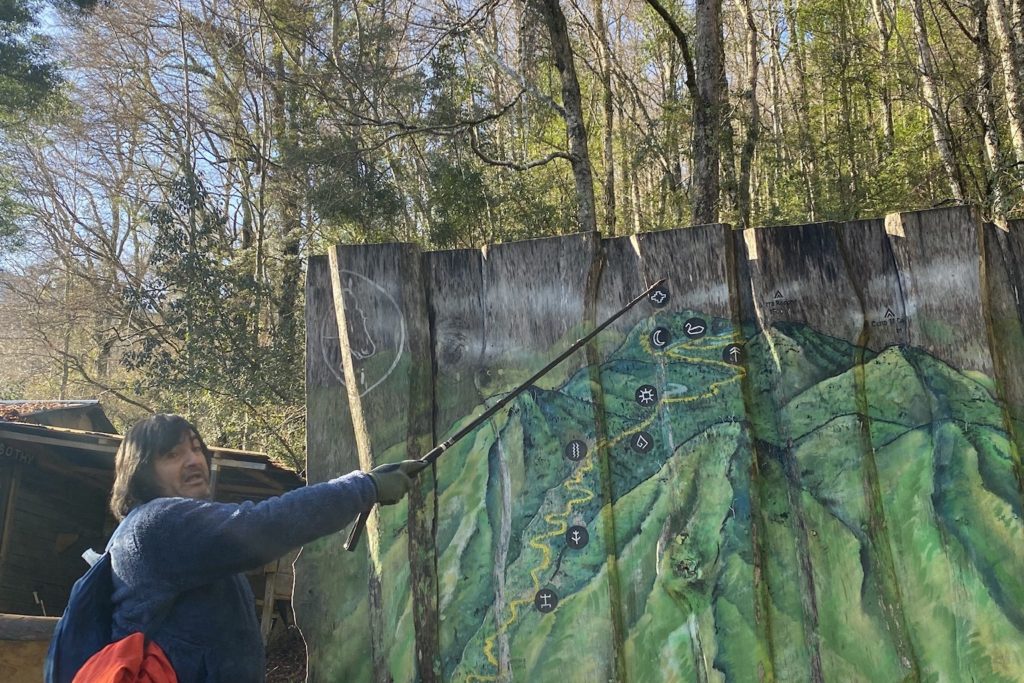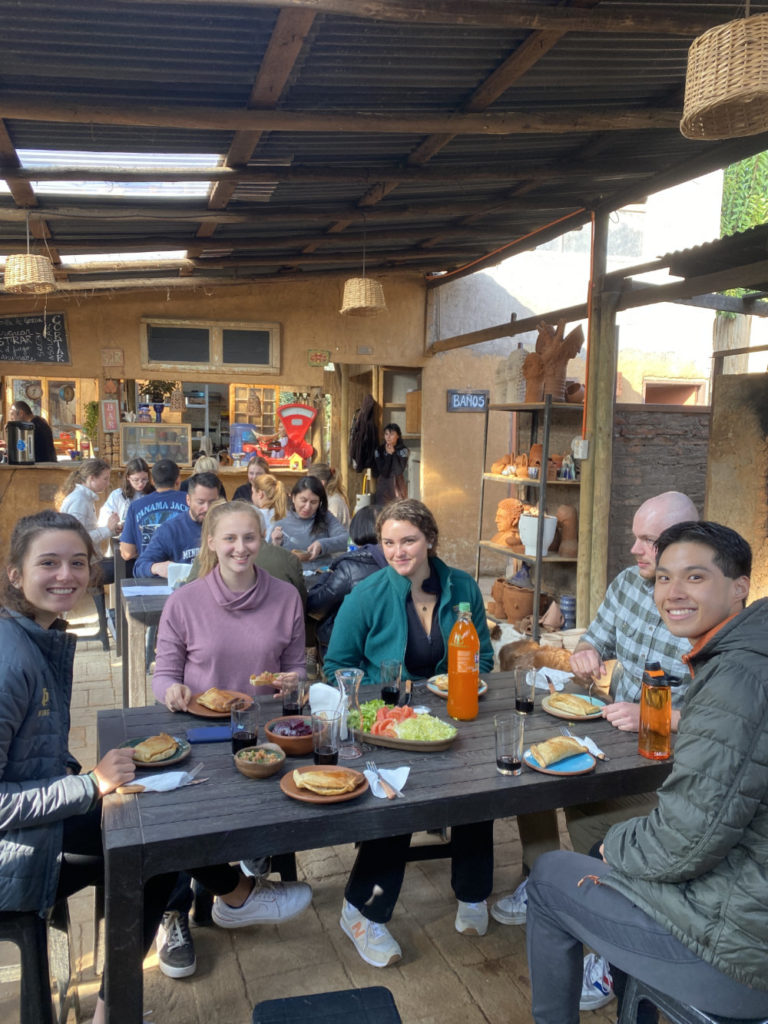My main objective when deciding to go to Chile for six weeks was the opportunity to learn Spanish. While I had been interesting in learning the language for awhile, I felt like in order to really grow in my abilities I needed to be forced to speak it. As it turns out, I was right. I still have a long way to go in my Spanish abilities, but I can speak enough to get by and make general conversations. I remember when I had a good conversation with my Uber driver in Spanish, about five weeks in to the program, I realized just how far I had come.
When I first arrived in Chile, I had very basic Spanish knowledge. Everything was difficult, I didn’t understand small normal things that I would have never even thought about while speaking English. It was apparent to me how uncomfortable it is to in a place where you do not speak the language, and how frustrating it can be to not be able to express things that should be easy. I am so grateful for the people that I encountered that helped me to speak and did not judge me for making mistakes, but instead gently led me to correct them. My host mom was incredibly important in this process, and so were the program leaders. I was also able to get a tutor (through the program I was doing) that complimented the language practice I was getting in real life with grammar and explanations, which was also an important part in my learning process.
In just six short weeks, I was able to get by in Spanish. One of my professors said if I had a just two months, I could be fluent. While sadly, this time, that was not possible, I hope to continue my Spanish acquisition in the future. For someone considering applying for an SLA Grant, I would wholeheartedly say to do it.
that it was not as great of a task as it seems to dive in to a new language. Not only was I able to test my limits and rapidly learn Spanish, I also grew in my confidence and in my awareness of what is possible. For me, the gift of SLA Grant goes beyond this one summer; it has inspired me to dive into new opportunities, even if they are far outside of my comfort zone. I cannot wait to see where this takes me.


